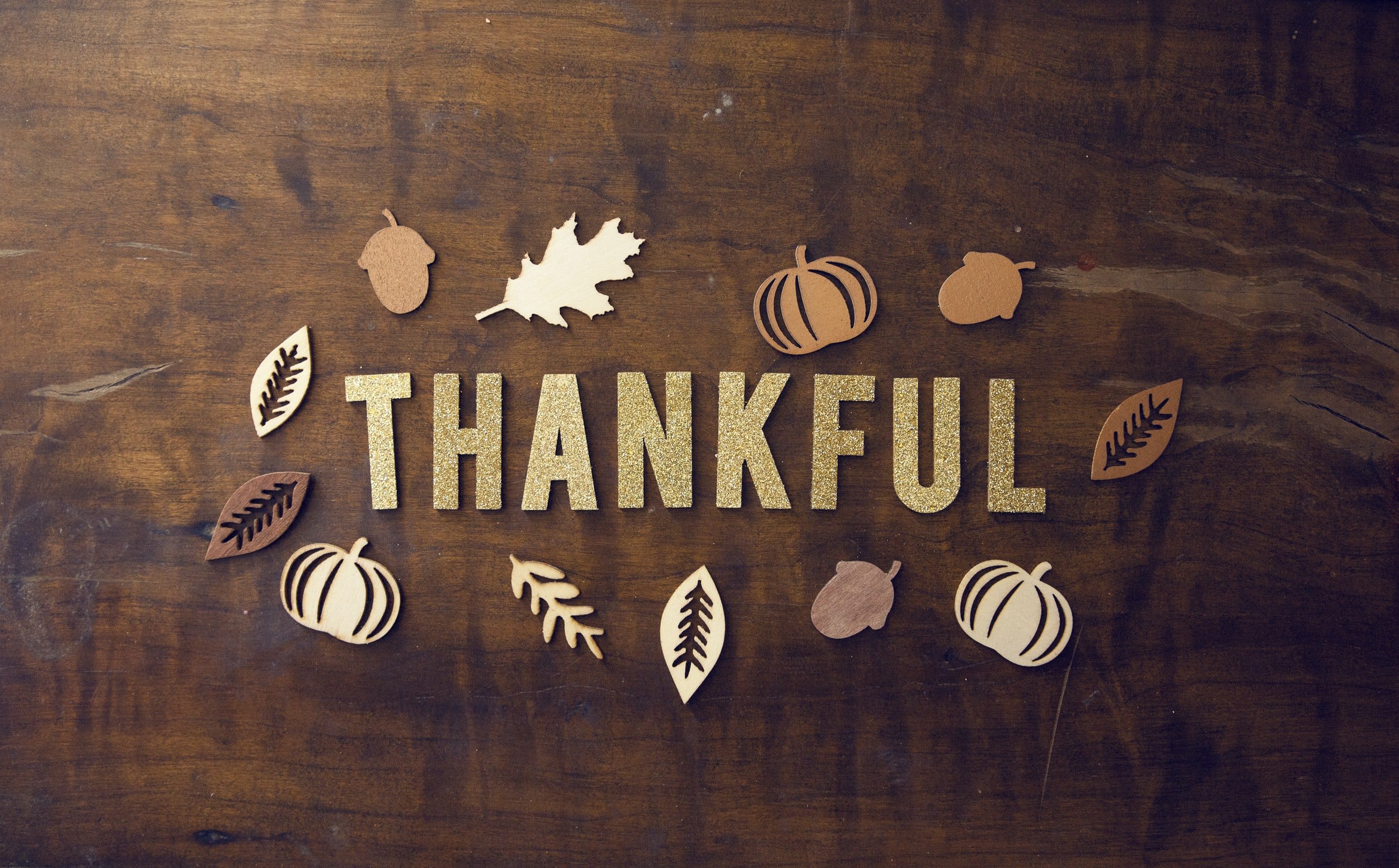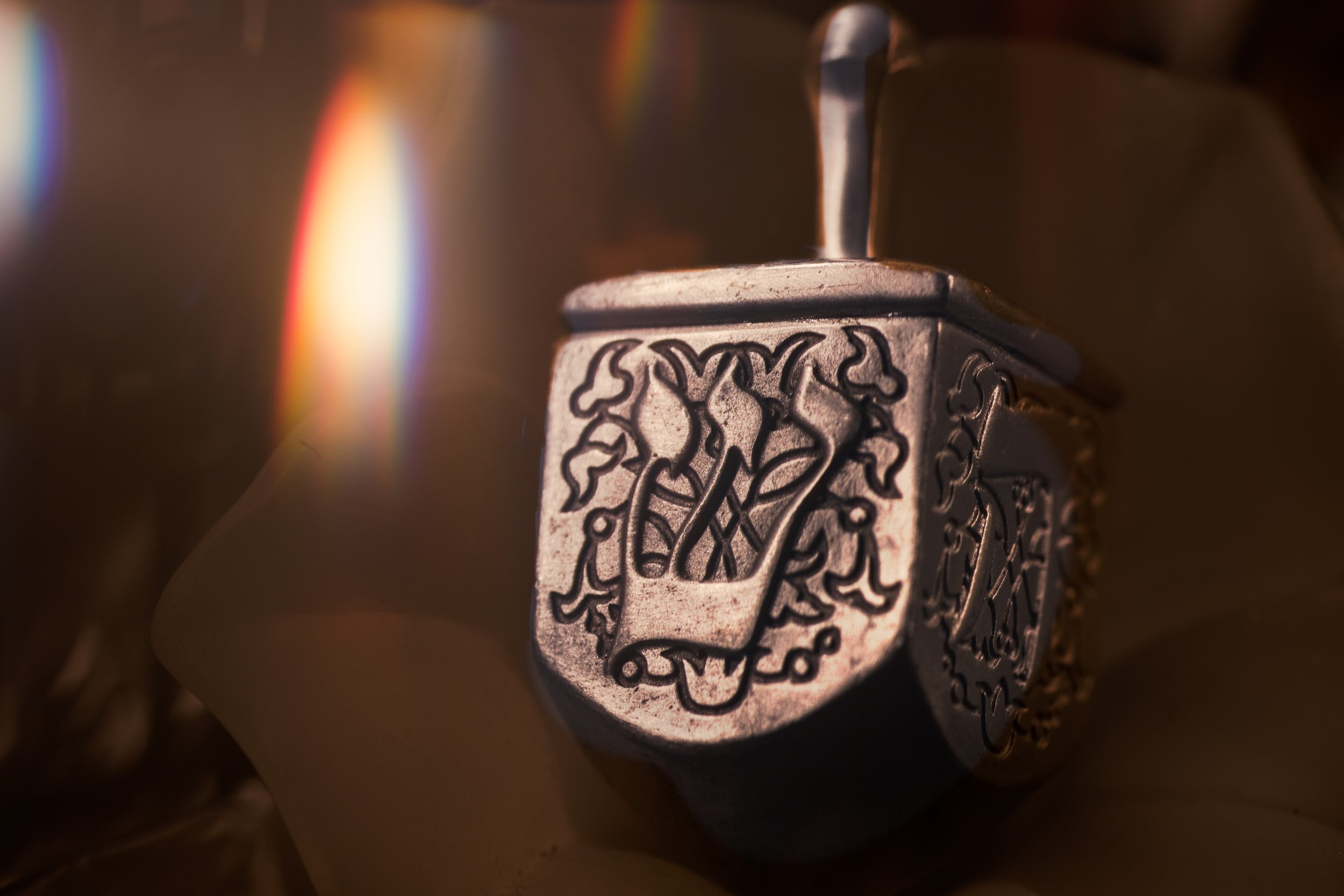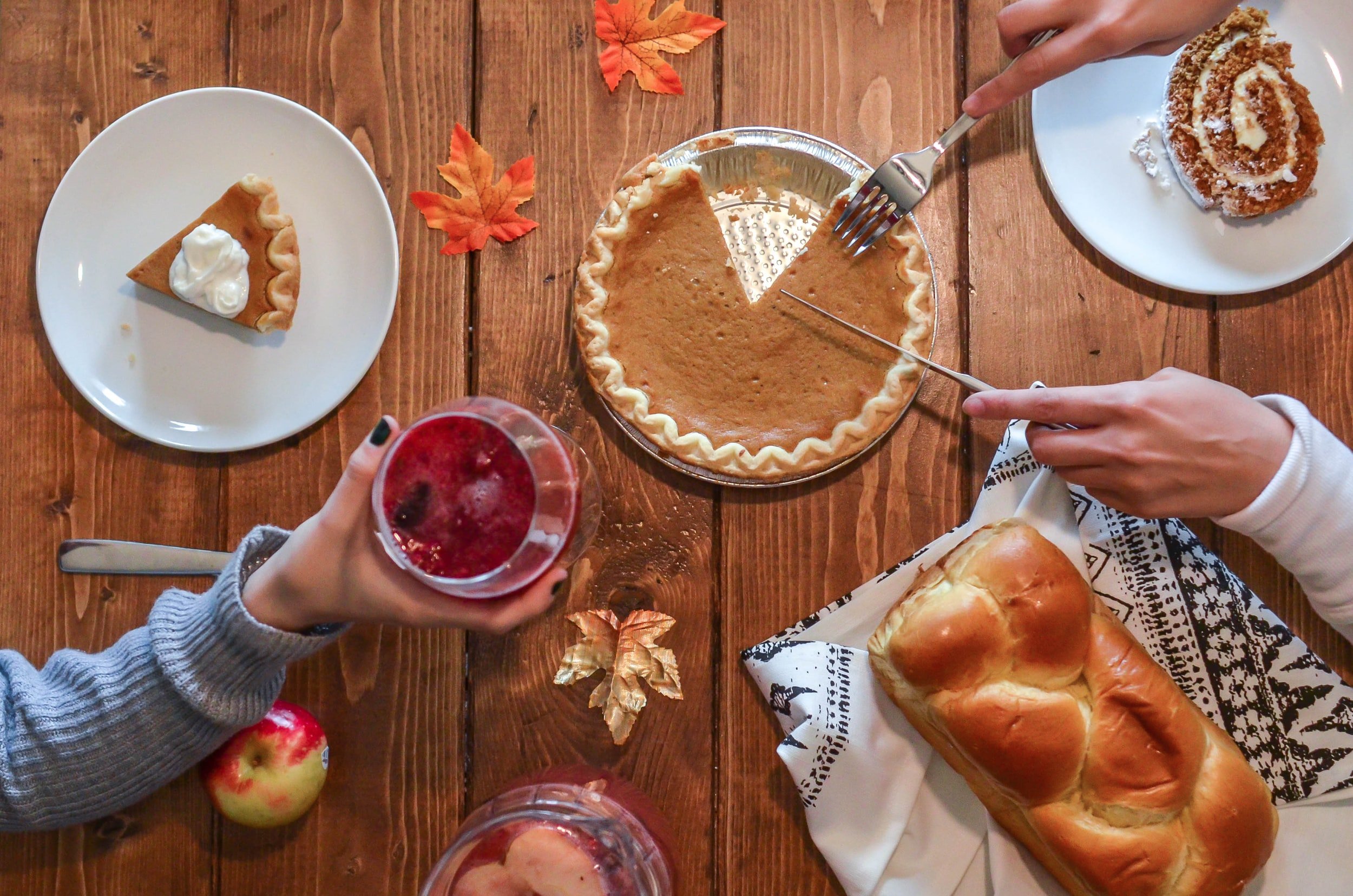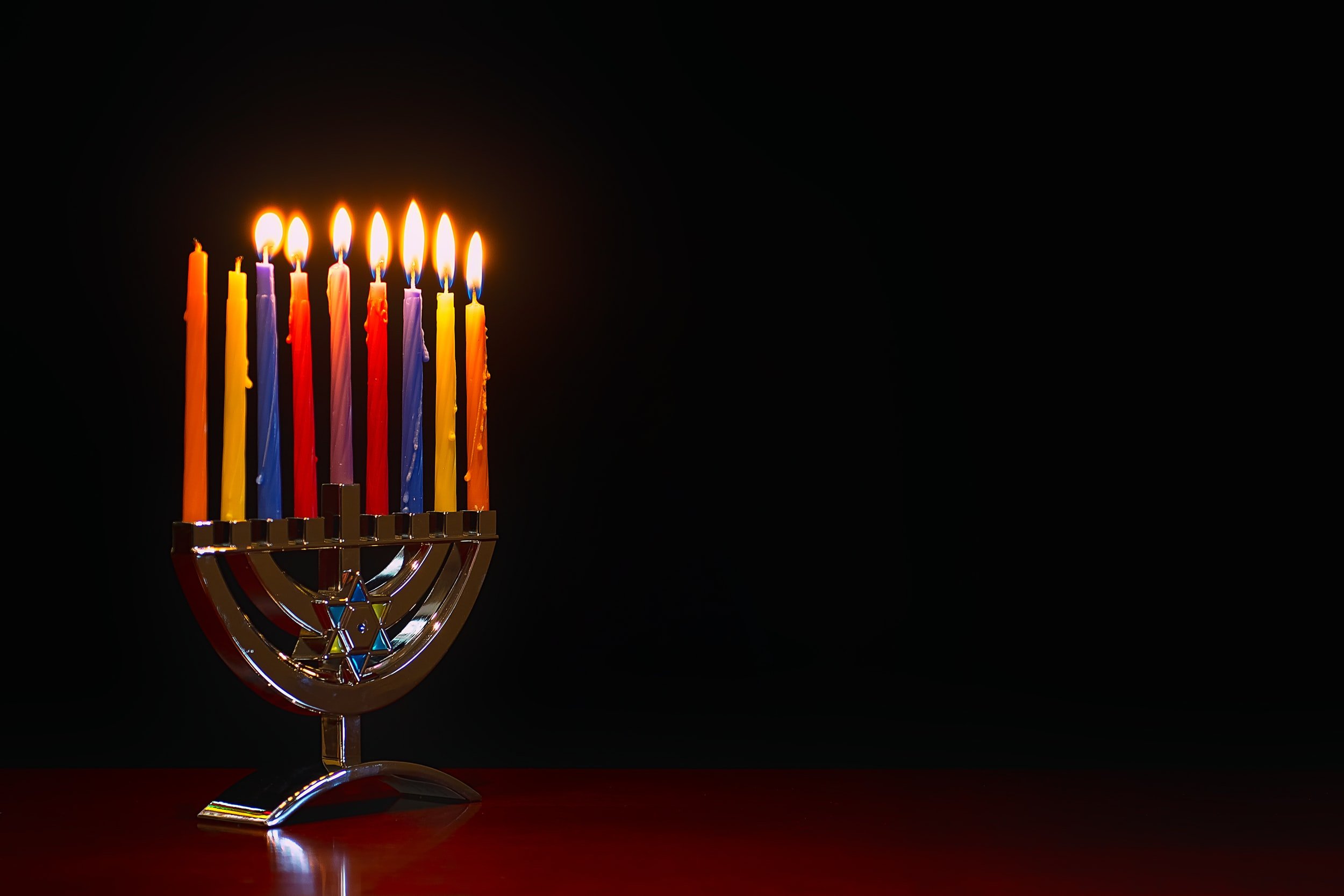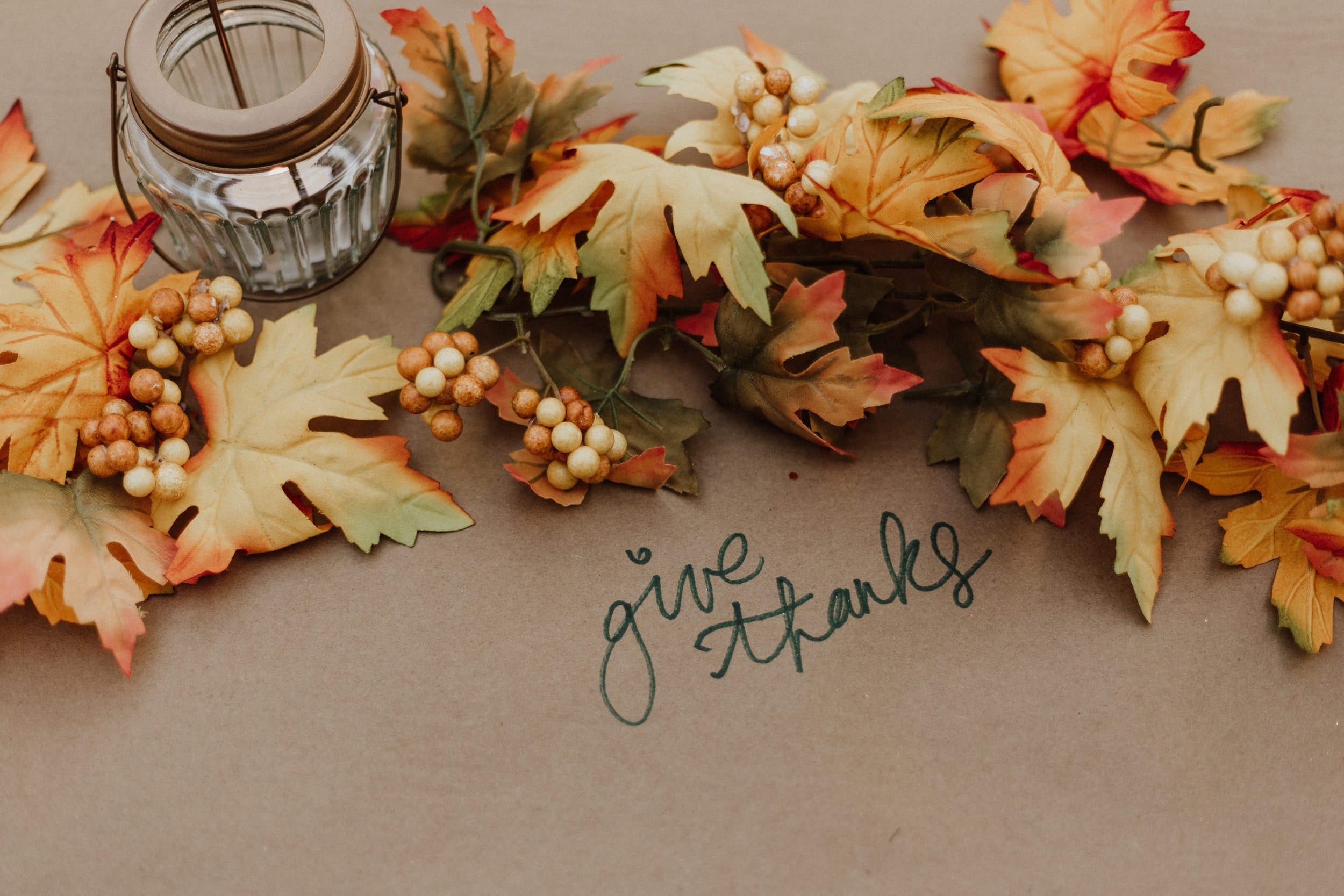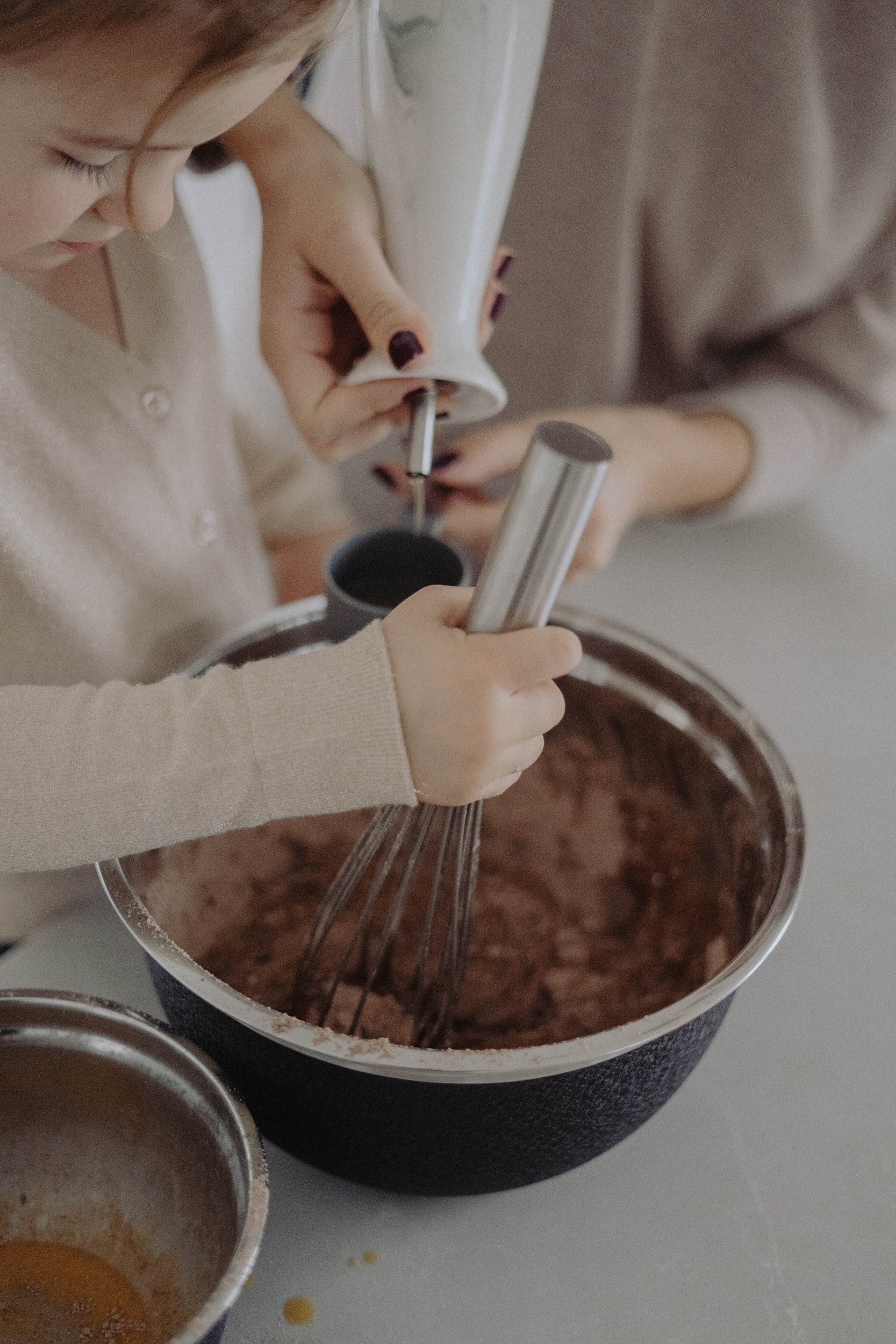HOW TRADITIONS STRENGTHEN FAMILIES
The holidays are upon us, and it’s a wonderful time of year to explore starting or continuing traditions for your family. Now that you have your own family unit, you can start something new, especially if you didn’t grow up with many traditions in your family. Psychology research indicates that traditions and rituals play a key role in strengthening families and building a sense of identity in growing children. How can a tradition or ritual such as going to the pumpkin patch or to a football game every fall, constructing a sukkah or decorating a Christmas tree each year keep our families strong? Let’s run through a list of the functions that rituals and traditions serve in our families…
Help Build A Sense Of Identity & A Feeling Of Belonging:
Traditions and rituals shape our families and make them unique. Our families play a significant role in who we are and how we see ourselves. Consequently, our families’ traditions impact how we understand and express ourselves. They help to shape our sense of identity. When families are rich in traditions, a child’s sense of belonging to something that is meaningful and bigger than themselves is strengthened. This is directly correlated to overall happiness. Research actually shows that families that make rituals a priority have a lower rate of alcoholism and drug abuse.
Impart Values:
By engaging in certain traditions, we are able to enact our values in tangible ways. Demonstrating values is a much more powerful way to convey them to the next generation than simply speaking of them. For example, traditions send the message that we value spending time together. They can also communicate messages such as we value helping others, we value our ancestors’ history, we value hard work, etc. Traditions are also a wonderful way to teach faith in a way that children will understand.
Helps Us Stay Connected & Foster Bonds:
The demands of life pull us in many directions, but traditions provide family time during which we can reconnect. These periodic opportunities to reconnect help our families stay close despite the upheavals that occur in our lives. Bonds are fostered when family members engage in and enjoy shared experiences like going to church or synagogue every weekend, to a football game every fall or reading a book and saying prayers together every evening.
Offers Stability & Order:
Children thrive when they know what comes next and what is expected of them. Because traditions are predictable, they help us create stable, orderly environments for our families.
Teaches Practical Skills:
Traditions allow us to pass important skills on to the next generation. They can help children learn how to prepare traditional foods, how to set a formal table, and how to practice hospitality.
Helps Us Make Sense Of The Passage Of Time:
Young children do not really understand the concept of months and years, so traditions that are associated with the various seasons are one of the first ways that they begin making sense of time. As children grow older, they take note of time’s passage when they become old enough to participate in traditions in new ways (e.g., being allowed to stay up until midnight on New Year’s Eve, graduating from the “kid’s table” to the regular table at Thanksgiving dinner). As adults enter their twilight years, traditions help keep them oriented. They may confuse names and dates, but they know precisely what to do when familiar traditions begin.
Helps Us Cope With Loss & Trauma:
When we face traumatic circumstances (death of loved ones, natural disasters, etc.), traditions give us a blueprint for how to act. For example, many families share the tradition of eating a meal together after the funeral of a loved one. Family members don’t have to figure out what to think or do because this activity is automated. Its predictability provides a sense of comfort and helps restore normalcy.
Connects Us To Our Family History:
We feel connected to our ancestors when we engage in the traditions that our families have practiced for generations. These traditions preserve the past by helping us pass our worldviews, cultures, and values on to our own children.
Help Us Communicate:
Not only do traditions give us family time during which we can communicate, but they provide us with opportunities where it is considered “appropriate” to say things that might otherwise go unsaid. Thanksgiving traditions help us speak of gratitude, Mother’s Day and Father’s Day traditions remind us to thank and honor our parents, anniversaries encourage us to show appreciation for our spouse etc.
Need some ideas for starting your own family traditions, either having to do with holidays or just everyday live? Here are some that our team have some up with:
FAMILY TRADITION/RITUAL IDEAS:
- Rereading certain books at certain times of year (e.g. The Night Before Christmas, etc.)
- Saying a bedtime prayer or telling each other what you're grateful for each night before bed (no reason to wait until your kids are verbal to begin practicing these customs... start now and set a precedent, eventually they will join in)
- Having Shabbat dinner together every Friday (or a family dinner together one specific night a week)
- Meeting for a Family Picnic on Friday Jazz Nights at LACMA (gather around 5pm to get a good spot, music starts at 6... it's okay to put kids to bed a little late for special events!)
- Picking a special spot for an annual Family Vacation every summer
- Playing Board Games (any inside games), building a fire, making cocoa on rainy days
- Friday (or Saturday or Sunday) Movie Nights when your kids are 2+
- Dying Easter Eggs during Lent
- Going to the park (or to your backyard, or to your cousins' house) for an annual egg hunt
- Visiting the pumpkin patch every October
- Going Apple Picking every Fall
- Pumpkin Decorating every October
- Going to a football or baseball game (or any sporting event) once a year
- Baking/Cooking something special for specific holidays (kids will be excited to pitch in and help when they're a bit older)
- Decorating the house for Halloween and/or Hanukkah/Christmas
- Getting pictures taken with Santa every December
- Doing a Holiday Cookie Making Party every year
- Having a Christmas party at Grandma's House
- Doing crafts together
- Observing the holiday season with Elf on the Shelf or Mensch on a Bench
- Participating in an Adopt-A-Family program during the holiday season (through LA County DPSS, Habitat for Humanity, Children's Hospital Los Angeles or your synagogue/church) so your kids grow up in the spirit of giving






